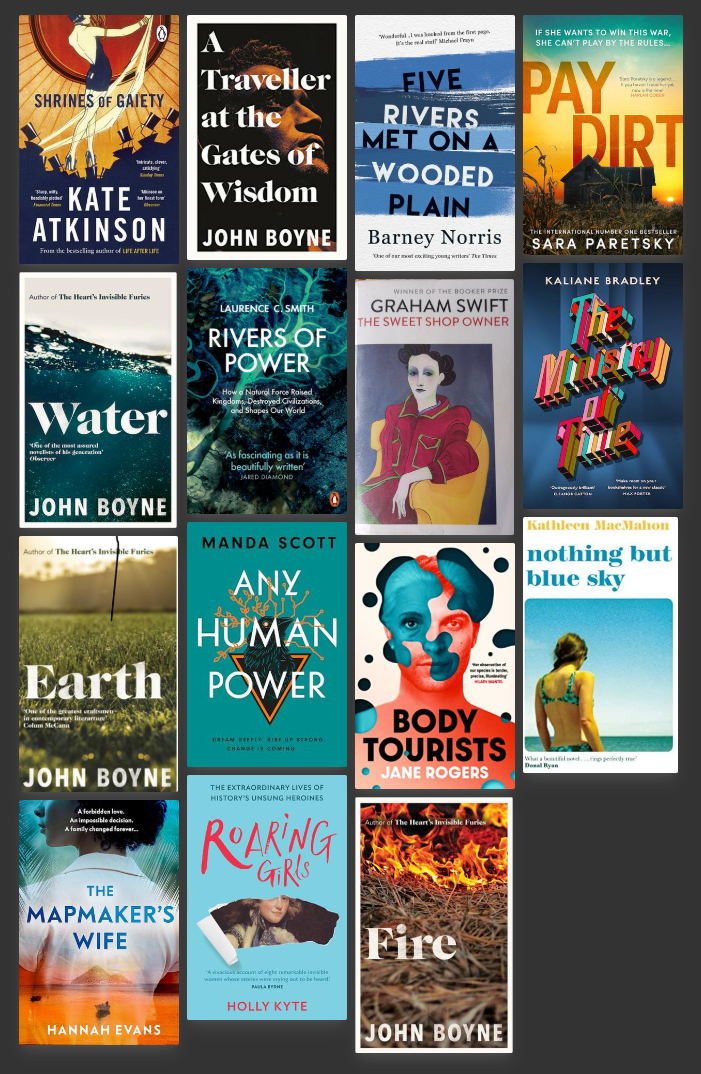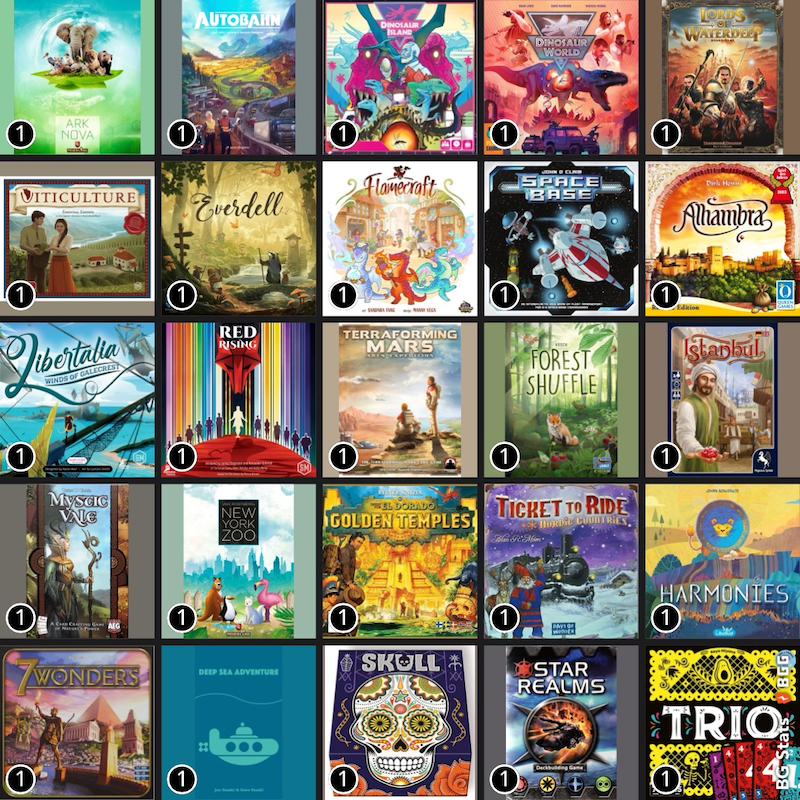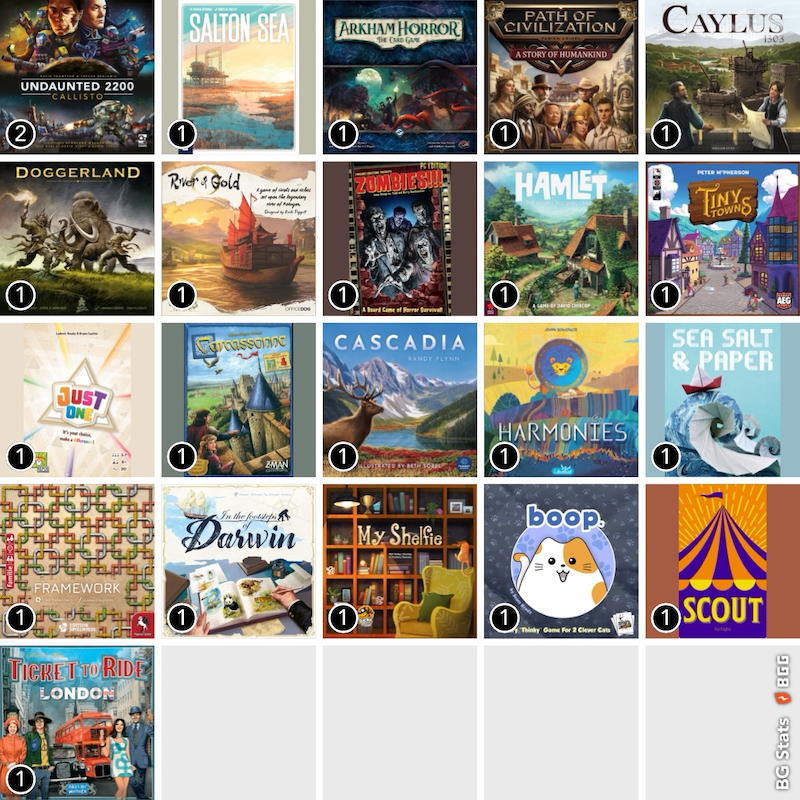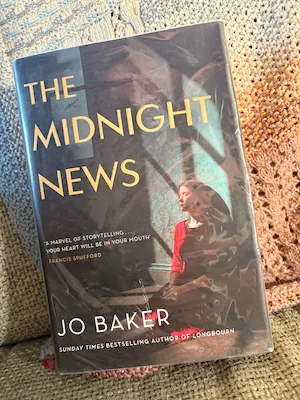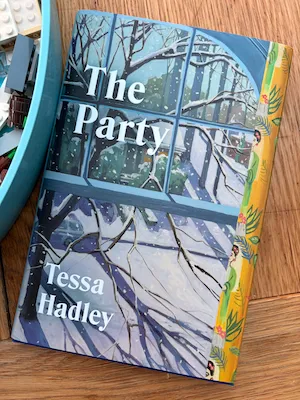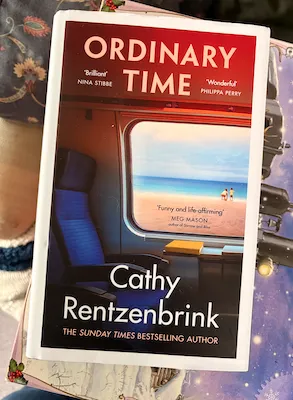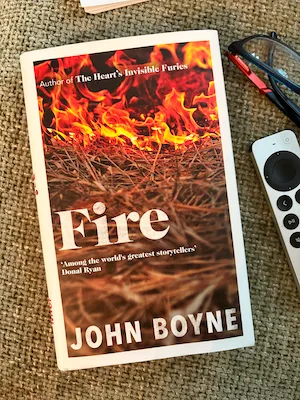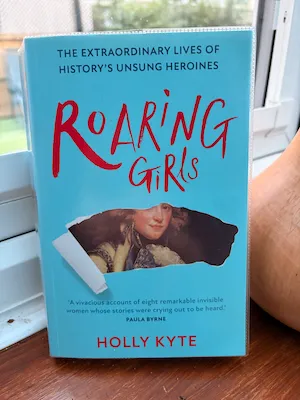Great Black Kanba
by Constance & Gwenyth Little
Wednesday, July 12, 2000
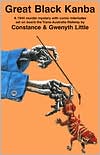
If these comments seem out of context it’s because they are taken from an email book group discussion and are indeed out of context…
I liked the fact that it was an easy read and didn’t require any thinking, as others have said, I just let the book float past me and waited until the end to figure out what was going on. On the other hand, I didn’t like reading in that kind of half aware mode because I didn’t really have any feel for what was happening. So I liked and disliked the same thing. Make any sense to you? No, me neither!
(On comparing this book to others of it’s era and ilk) I’m not much good with labels. The book reminded me somewhat of Agatha Christie. I thought that the not quite believable amnesia scenario was being setup for an odd conclusion like in _The Murder of Roger Ackroyd_ or _Murder on the Orient Express_. I fully expected Cleo to be involved in one or other of the murders.
I can believe the books were popular, but I don’t know enough about other mysteries of that era to know how they hold up in comparison or why other authors books have had more longevity. I’m not sure that I’m in entirely the right era but I’d prefer to read Christie or Allingham or Tey myself as I didn’t much care for the plot or the characters in this book.
(On the book being written in the 1940’s with no mention of any wars) On another point, I didn’t find the exclusion of the war odd. Although it was set in a version of “present day” I didn’t mind the authors using a little escapism to exclude the war. Also, although it’s called “World War II” how much effect did the war have on life in Australia and the Americas? Would it have been reasonable for American girls to have gone travelling in Australia? My world history is sadly lacking here, but I know British evacuees to Canada say that life went on there much as if there was no war on. Was that just because they were children? But surely all the conscription age men would be concerned with it in some way? (Clive, Jimmy, Bill at least?) But anyway, I didn’t feel it was strange to have set the book either prewar or in a pseudo present day without a war.
I was sort of in between. I didn’t hate it or love it. Like others have said before, it was sort of “huh”.
I got a bit lost in which character was which and who was saying what because I wasn’t paying enough attention, my fault rather than the book’s I think, but I found the book light enough to read with half my brain and pretty much enjoyed it.
Up until the last couple of chapters where they explained everything and it all seemed kind of mundane and predictable. No neat twists, no startling revelations. I was kind of disappointed in that, something about the style of the book had led me to expect something neater, something where everything tied in together better.
So because of the end I didn’t like it enough to go looking for other books by the same authors. I agree with whoever it was who said that as you read you could see the fun the sisters were having frolicking around with plots and clues and things like that. I just didn’t feel they did a good enough job of it in the end and that the characters weren’t consistent enough. Why didn’t Joe kill the narrator too?
It’s kind of a hard book to talk about because it didn’t induce any strong feelings, of good or bad, in me, just vague disappointment that it wasn’t a better book.
